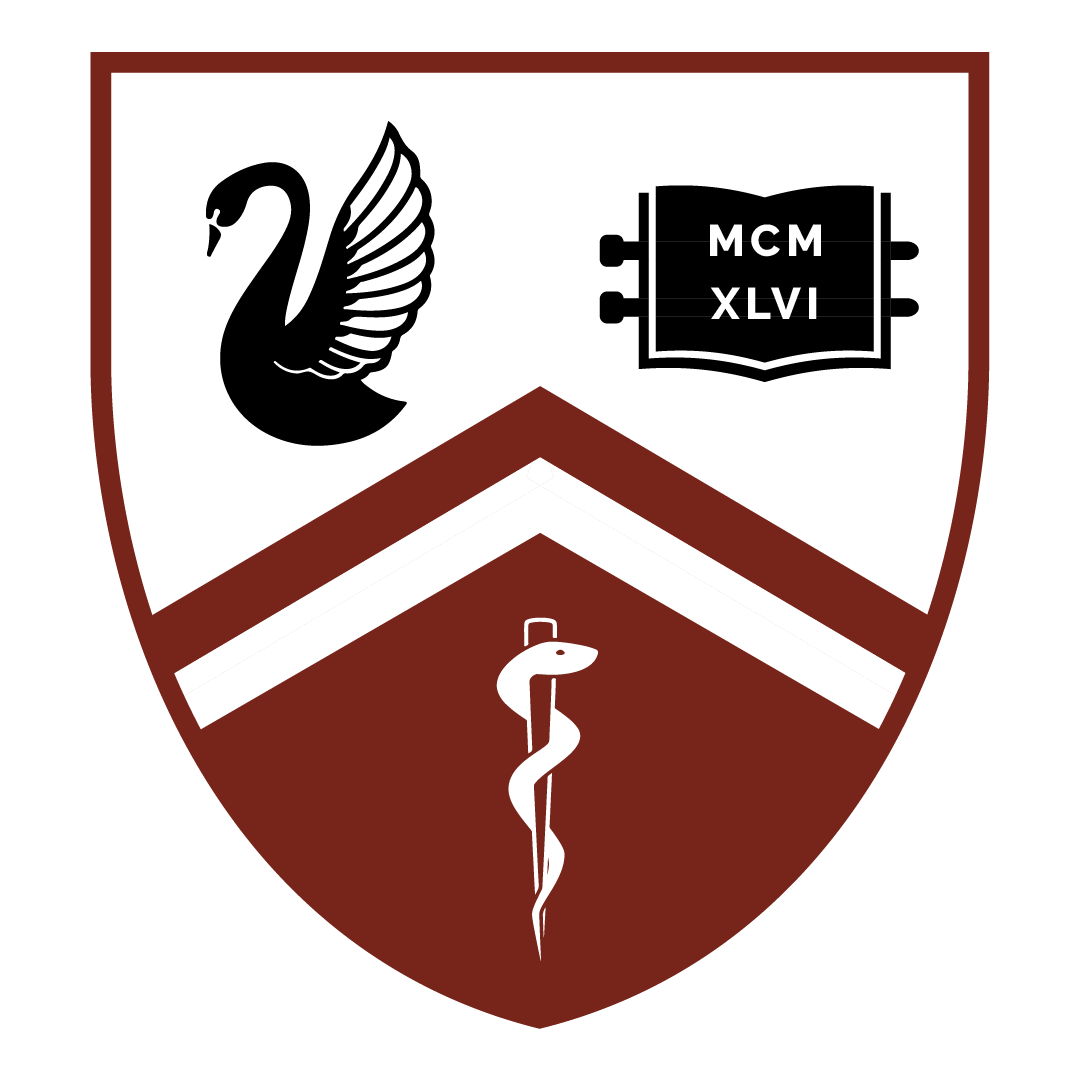Doctors Treat... and Teach
by 2014 WAMSS President Sebastian Leathersich
As I write this article from the offices of the World Health Organization in Geneva, this year’s sixth-year students find themselves spread to every corner of the globe, taking a break from the marathon effort of the last year.
The three-month holiday period between fifth and sixth year is a time when we undertake our electives – six weeks of typically clinical work in a field and location of our choice. My peers and colleagues are currently working in the most diverse of circumstances throughout Australia and the world – some in remote regions of Sub-Saharan Africa, South America, Asia or our own vast land; others in bustling metropolises and great historical cities.
Each of these students will be having a unique experience, whether treating patients in the most advanced cardiology unit, providing healthcare to some of the world’s poorest and most disadvantaged people, or working on public health projects. In a degree that otherwise follows a strictly prescribed (excuse the pun) and pre-determined path, the sixth year elective is a cherished chance to explore an area in which we have a special interest.
Yet amongst the huge variety of experiences our students are having, all have something in common – every student will be accruing some of the most valuable experiences of their medical careers, and all are being taught by someone.
I am lucky enough to be under the supervision of a graduate of our own University, Dr Joshua Vogel. He is not only a PhD candidate making waves in maternal and perinatal health, but is also a wonderful teacher. This brings to my attention the value of good teachers, and the importance of ensuring that our graduates are equipped to pass on their own knowledge in years to come.
As doctors we will be expected to teach throughout our careers. Furthermore, the ability to effectively and efficiently communicate information is a skill with great applicability to leadership and to clinical medicine in general.
However unlike the clinical and scientific knowledge we develop over the course of our years in medical school, the act of teaching is often expected to be an inherent skill – once one has the knowledge, then one should be able to pass it on.
The mantra of “see one, do one, teach one” is thrown around by lecturers, tutors and consultants, and propagated by students who have been subjected to this method of teaching. Whilst this recognises the importance of hands-on practice in learning, it reinforces that notion that teaching is an innate skill, and one that logically follows the mastery of the relevant knowledge.
This may be true for the lucky few; yet as every one of us has experienced, just as there are exceptional teachers who leave us thirsting for more knowledge and inspired to drive ourselves further, there are also lacklustre teachers who leave students disinterested, disengaged and lacking inspiration. Almost invariably, these people have the best of intentions; however they may not have been given the tools to be an effective teacher.
The Western Australian Medical Students’ Society has a number of programs that allow students to develop and hone their teaching skills through working with younger students. These include the Student Grand Rounds, which see our senior students teach their pre-clinical peers, and the established UniMentor program, which matches first year students with mentors in clinical years, and which will continue with the commencement of the MD students. The course itself also provides opportunities for teaching experience, including peer-assisted learning in paediatrics, opportunities to teach colleagues through formal presentations in obstetrics and gynaecology, and informal teaching opportunities throughout all of our rotations. These programs provide a forum in which students can practice their teaching skills and receive feedback and evaluation.
However they still do not provide the core skills necessary to become a good teacher. Thankfully, the importance of learning to teach has been recognised – when the first MD students start this month, one of the core themes driving the course they are embarking on is the ‘Educator’ outcome.
With a focus on training the educators of the future, this is a central aspect of the new course that will see students given instruction on a set of core themes that will produce graduates who are prepared to contribute fully and comprehensively to the system in which they work.
Just like clinical medicine, teaching is an evidence-based practice with proven techniques. Structured programs teaching students to teach improve their confidence in teaching as well as their abilities. The attitude that “those who cannot do, teach” should be relegated to the history books, and the great value of a good teacher recognised and celebrated.
It is vital to ensure that our students are equipped with the necessary skills to pass on their knowledge and expertise confidently and effectively, whether it be to their patients, their peers, their students, or their own teachers. We must all recognise teaching as a valuable skill that can be taught, developed and honed, and have the self-awareness to realise that each and every one of us is a teacher, whether by choice or not.
Teaching students to teach will be an investment in the future of our profession as they go on to become clinicians and educators themselves, with the potential to inspire passion, intrigue and wonder in their own students in years to come.
